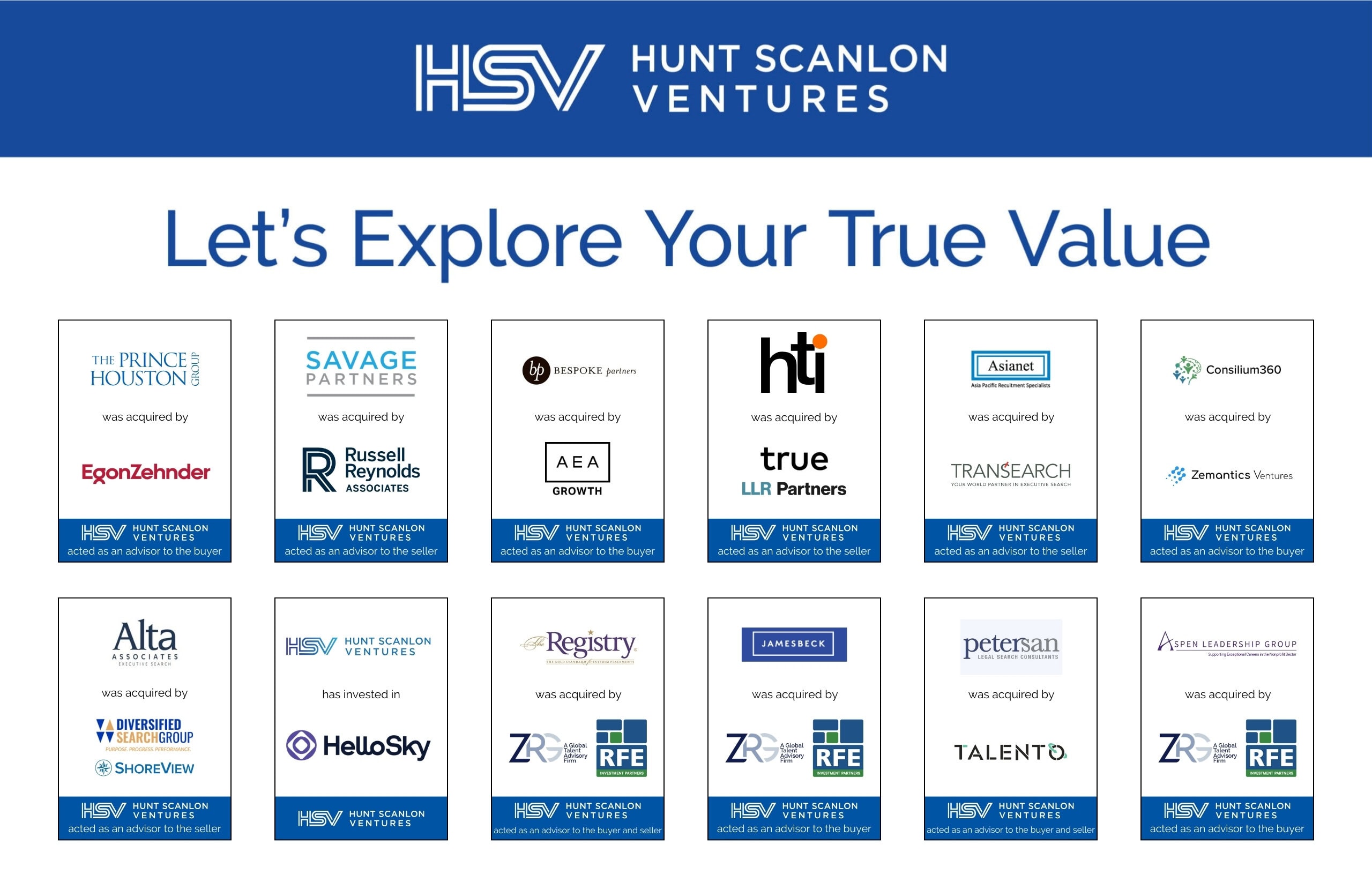The summer slowdown never arrived for Wall Street dealmakers. Instead, August turned into the busiest period for M&A since 2021, with bankers, lawyers, and executives abandoning vacation plans to keep up with demand. Leo Cummings, an associate at Hunt Scanlon Ventures, examines the surge in activity, what it signals about the market, and how it is reshaping leadership and talent strategy in financial services and beyond.
According to The Wall Street Journal, the first week of August marked the highest-volume week for U.S. M&A in nearly four years. Union Pacific’s $71.5 billion purchase of Norfolk Southern led the spree, alongside deals from Alphabet, Global Payments, Charter Communications, and Constellation Energy.
Bankers attribute the resurgence to a resilient economy, expectations of lower interest rates, and supportive policy momentum out of Washington.
For banks, the incentive is clear. After two years of lean deal flow and lower bonus pools, activity translates into fees, payouts, and growth opportunities.
Mega-Deals Reset the Leadership Agenda
Union Pacific’s pursuit of Norfolk Southern, creating the first coast-to-coast rail operator, would have been unimaginable a year ago. Now, with the administration more open to remedies than outright blocks, transformative deals are gaining approval.
Other large-scale transactions — Palo Alto Networks’ $25 billion CyberArk acquisition and Baker Hughes’ $13 billion deal for Chart Industries — show the appetite for bold moves across sectors. These integrations will require leaders capable of managing regulatory pressure, aligning cultures, and executing at speed.
Talent Implication
Mega-deals amplify leadership complexity. Boards will need CEOs who can handle heightened scrutiny, CFOs who can manage complex financing structures, and integration leaders who can ensure operational synergies are realized.
“The leadership challenge is no longer just about financial engineering.”
“Mega-deals create talent stress tests, and boards need executives who can bridge strategy and integration under immense pressure,” said Leo Cummings, an associate at Hunt Scanlon Ventures. “The leadership challenge is no longer just about financial engineering — it’s about aligning people, culture, and performance across multiple moving parts.”
Wall Street Firms Race to Rebuild Capacity
Advisory firms like Centerview, Goldman Sachs, and JPMorgan are juggling packed calendars. Vacations have been scrapped as teams pitch clients and work deals that had been dormant for months.
But capacity is a growing challenge. Banks that trimmed ranks during the slowdown are now scrambling to staff major transactions. Tony Kim of Centerview said this is “likely going to be the busiest August the firm has had in years.”
Talent Implication
The rebound has exposed staffing gaps, particularly at the senior associate and VP levels. Firms are leaning on experienced rainmakers but need to rebuild mid-level talent pipelines to support the surge in activity.
“Banks are under pressure to staff up quickly with senior talent who can run point on mega-deals, while also rebuilding mid-level pipelines that were thinned during the downturn,” said Mr. Cummings. “This means accelerated recruiting, retention bonuses, and a renewed focus on leadership development inside advisory firms.”
Strategic Bets Signal More to Come
Kraft Heinz considering a breakup, Kenvue reviewing options, and LVMH exploring brand sales all suggest more deal flow ahead. The return of mega-deals has reset expectations across industries.
“Succession planning and integration readiness must move higher on the agenda.”
For boards, this signals a renewed appetite for transformation — from divestitures to cross-border expansion. Dealmakers say the stars are aligning for a more active second half of the year, particularly in consumer, healthcare, and financial services.
Talent Implication
For leadership teams, this means succession planning and integration readiness must move higher on the agenda. Companies preparing for deals need executives who can communicate with investors, reassure employees, and navigate cultural transitions.
“When M&A accelerates, the leadership agenda changes overnight, and talent becomes the determinant of whether deals succeed,” said Mr. Cummings. “Boards that plan for leadership continuity now will be best positioned to capture the value when deals close.”
Article By

Leo Cummings
Leo Cummings is Editor of ExitUp, the investment blog from Hunt Scanlon Ventures designed for professionals across the human capital M&A sector. Leo serves as an Associate for Hunt Scanlon Ventures, providing robust industry research to support the firm’s investment group.






